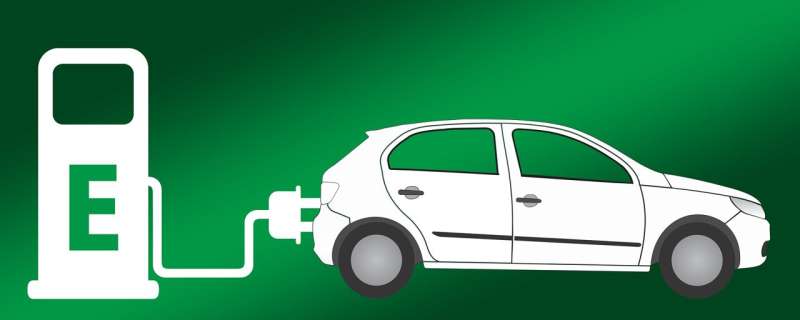#Novel methods to improve the range and safety of e-vehicles

“#Novel methods to improve the range and safety of e-vehicles”

A University of Surrey project has revealed innovative methods that could dramatically improve the performance of future electrical vehicles (e-vehicles).
As part of the European Union’s STEVE* project, Surrey has developed several pioneering approaches to torque vectoring in electric vehicles.
In e-vehicles with multiple motors, it is possible to deliver different amounts of drive power to each wheel. This benefits the vehicles’ power consumption, safety and driveability. The process of calculating and optimising the precise amount of power needed while the vehicle moves is complex; it requires detailed knowledge of the driving conditions ahead and powerful onboard computing resources to deliver the data in real-time—often making the techniques impractical for everyday vehicles.
The team from Surrey has revealed advanced methods to improve torque vectoring that can be implemented in consumer e-vehicles.
For example, to improve the safety of e-vehicles, the team created a stability-control system that anticipates the curvature of the road ahead, allowing the car to pre-emptively brake when it approaches a bend too fast.
Surrey’s torque vectoring system combines a predictive control model with fuzzy logic to adaptively prioritise vehicle dynamics or energy efficiency, depending on the driving conditions. The team has shown that their model developed to simulate the way a vehicle is driven, using the so-called ‘pulse and glide’ approach to reduce energy consumption, is beneficial in electric vehicles and is cost-effective enough to be implemented in future e-vehicles.
The project is part of a EUR 9.5 million European Commission project, bringing together 20 partners from across the continent to envision and create a new concept in urban mobility. The project, which started in 2017, was completed in April 2021 and published various findings alongside a series of real-world demonstrations.
Professor Aldo Sorniotti, Head of the Centre for Automotive Engineering at the University of Surrey, said: “This has been an exciting project that has allowed us to make some major advances in powertrain control for electric vehicles. We believe that our work will allow new advanced torque vectoring techniques to become useable in ordinary electric vehicles, delivering research that will directly assist drivers in the very near future.”
Riccardo Groppo, CEO of Ideas & Motion, one of the project partners, said: “It has been a pleasure working with the University of Surrey on the STEVE project. In particular, the technical collaboration was fundamental to making progress on the inverter and control algorithm for the Light Electric Vehicle we developed. I think we have accomplished excellent results, setting the basis for further collaboration.”
Electric cars could make the roads safer – here’s how
Alberto Parra et al. On pre-emptive vehicle stability control, Vehicle System Dynamics (2021). DOI: 10.1080/00423114.2021.1895229
Citation:
Novel methods to improve the range and safety of e-vehicles (2021, May 18)
retrieved 19 May 2021
from https://techxplore.com/news/2021-05-methods-range-safety-e-vehicles.html
This document is subject to copyright. Apart from any fair dealing for the purpose of private study or research, no
part may be reproduced without the written permission. The content is provided for information purposes only.
If you liked the article, do not forget to share it with your friends. Follow us on Google News too, click on the star and choose us from your favorites.
For forums sites go to Forum.BuradaBiliyorum.Com
If you want to read more Like this articles, you can visit our Science category.


